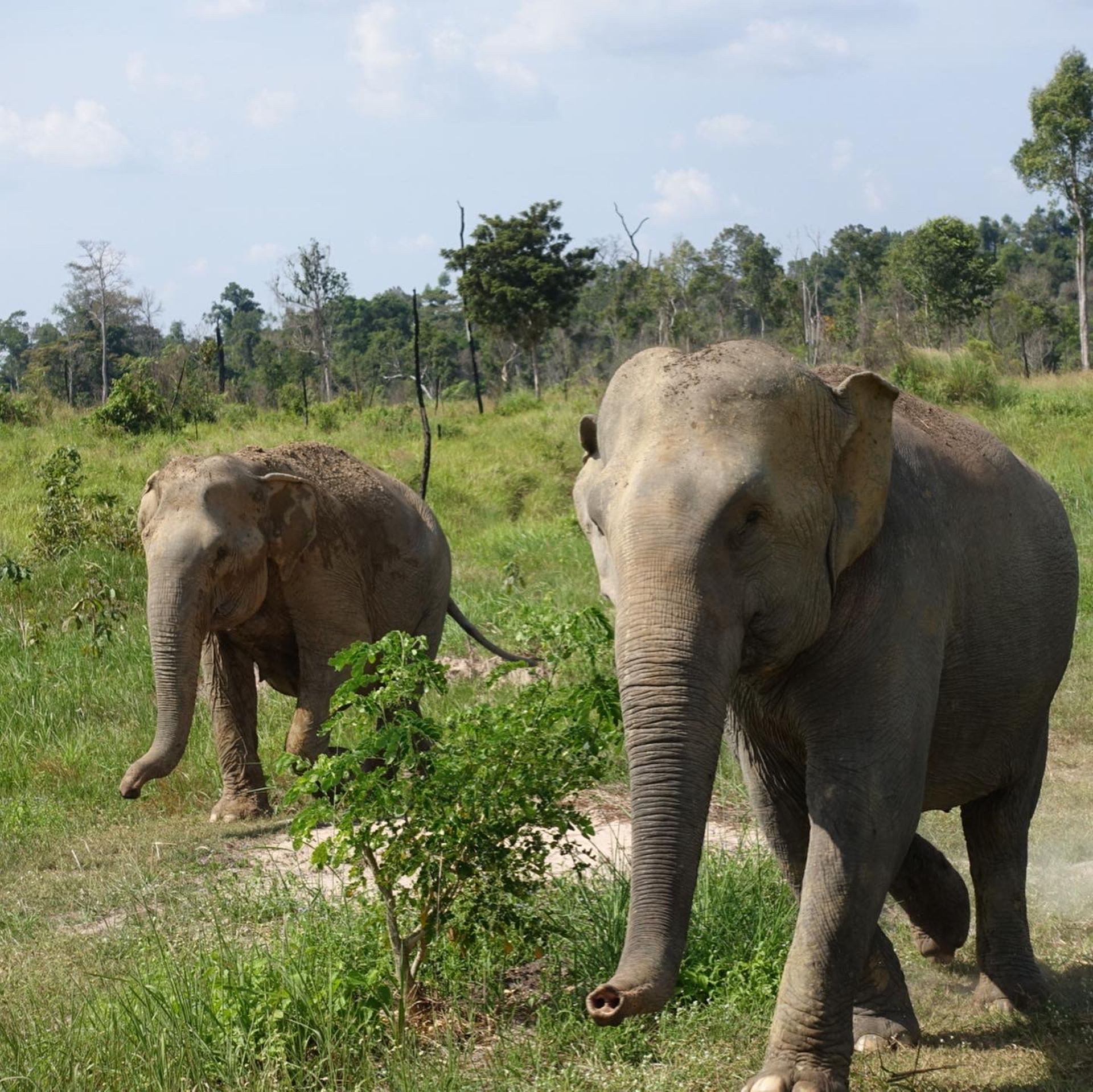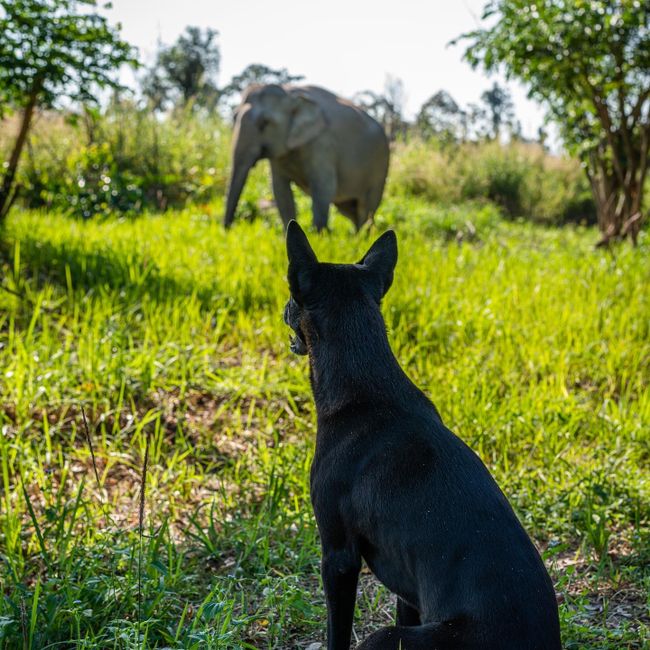Laos / Day 66-72
Buga: 05.11.2019
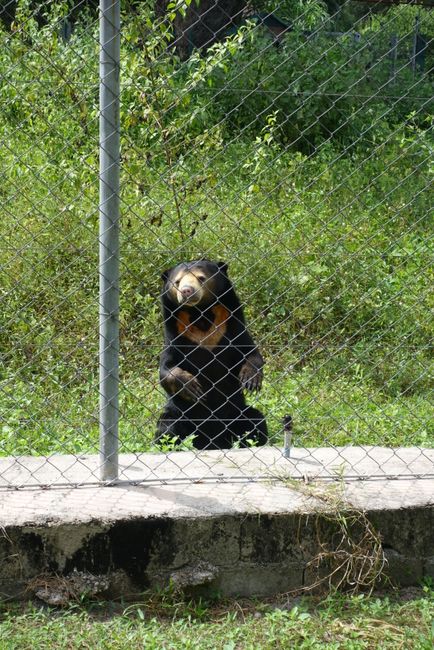
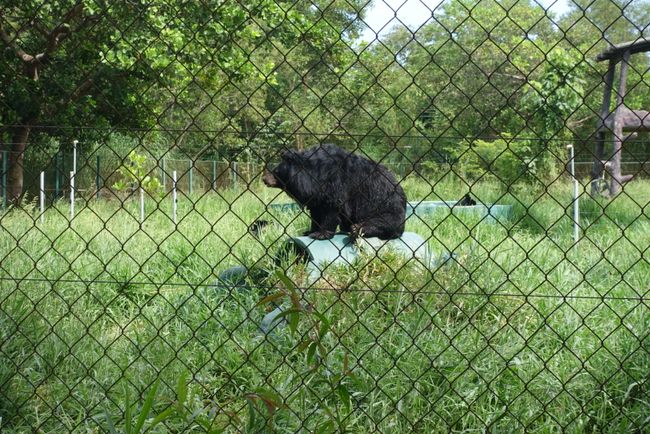
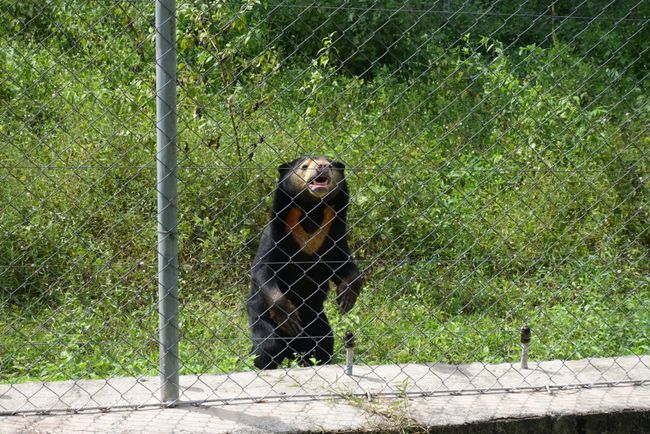
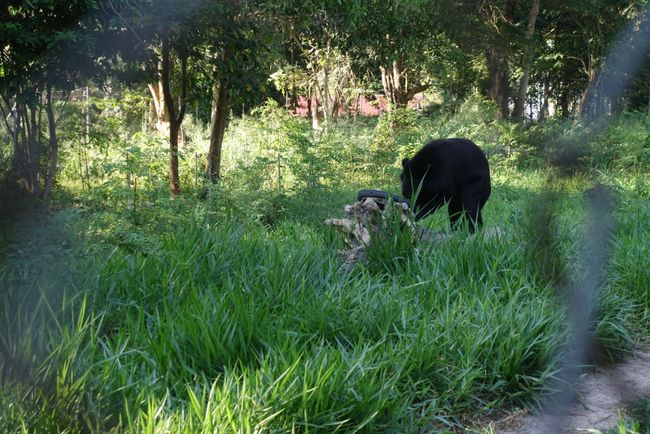
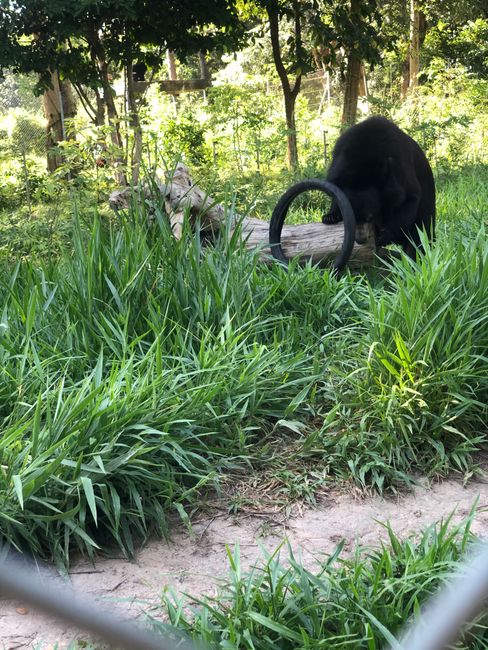
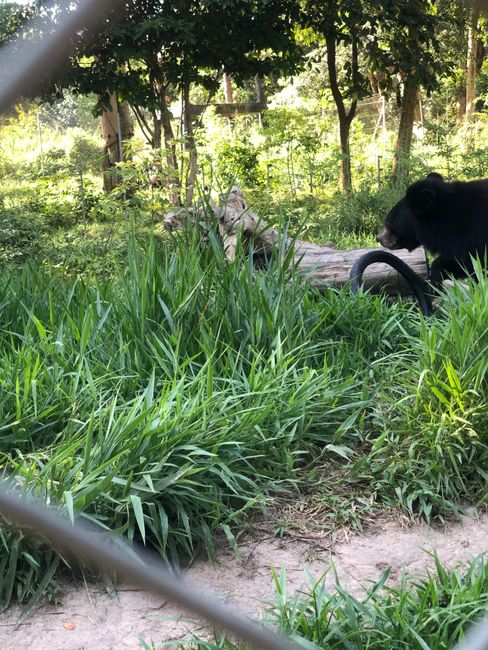
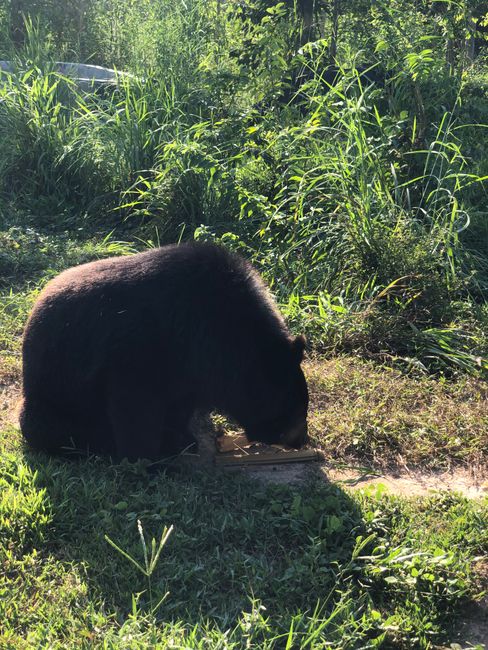
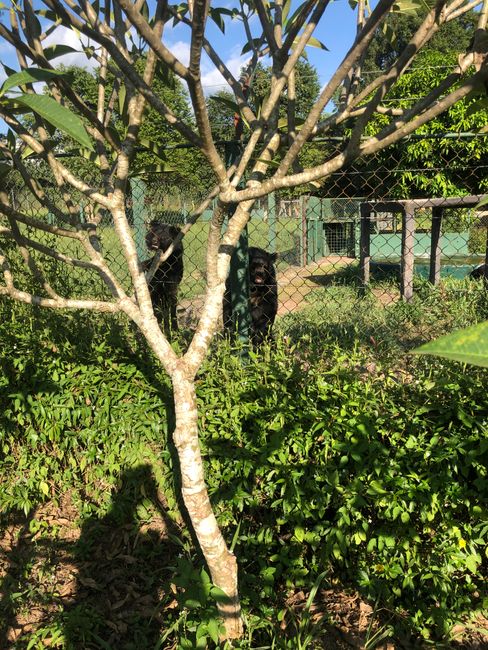
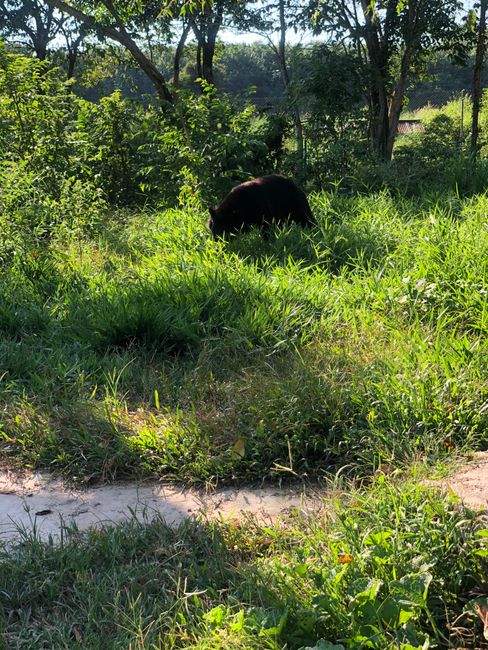
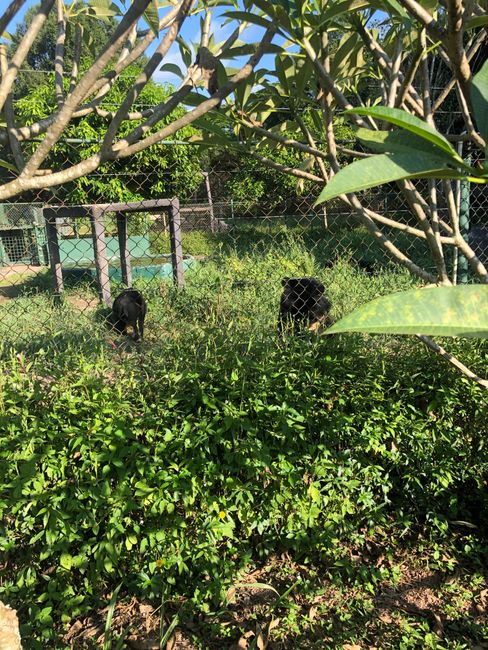
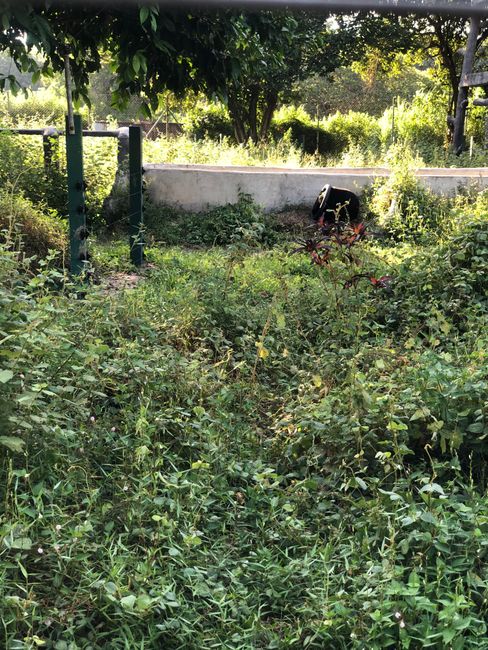
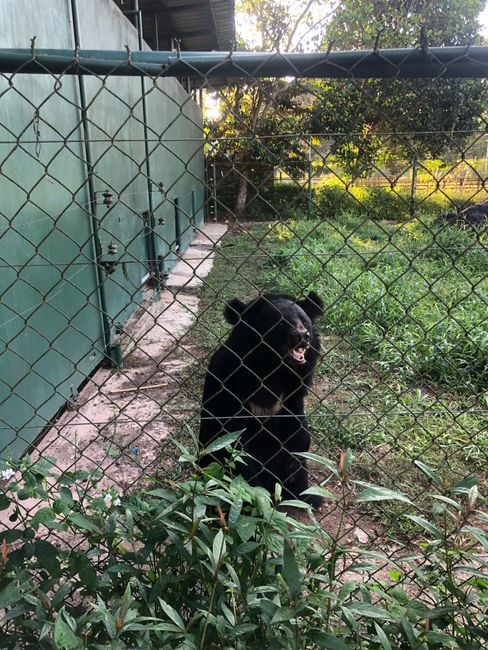
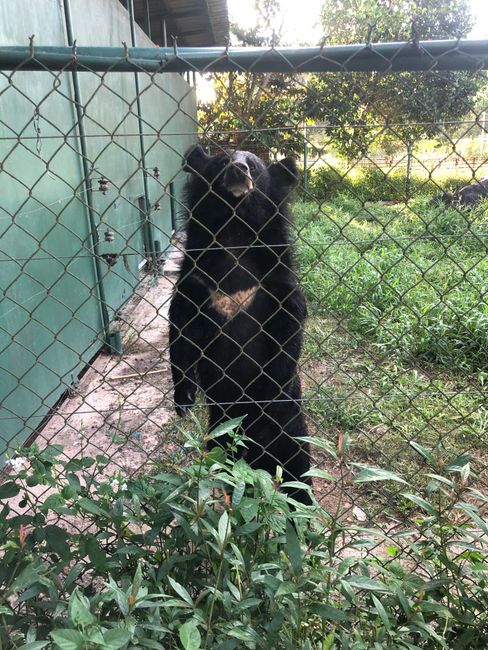
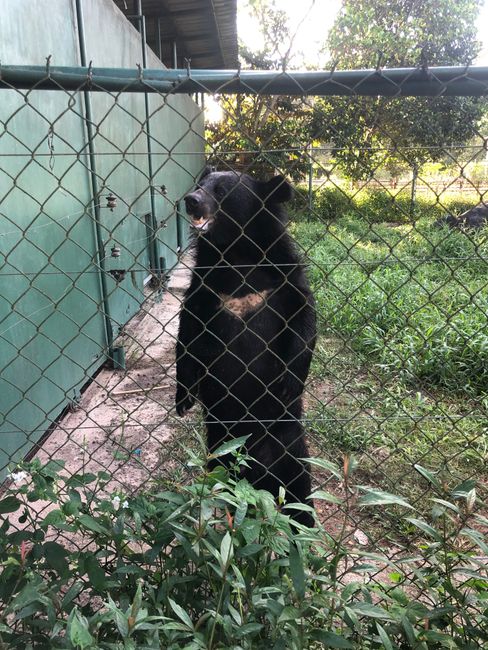
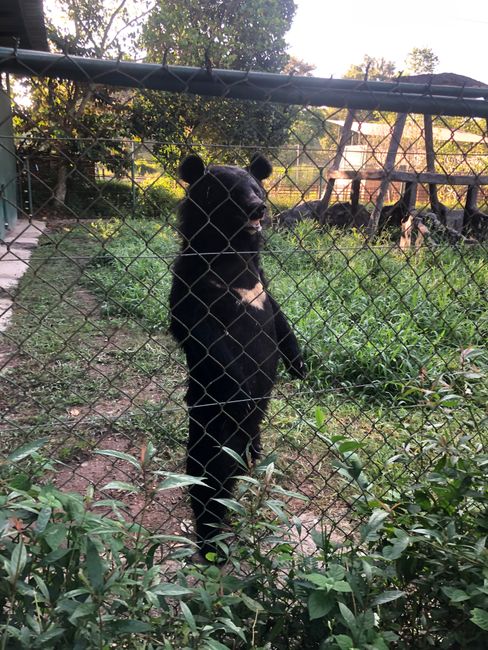
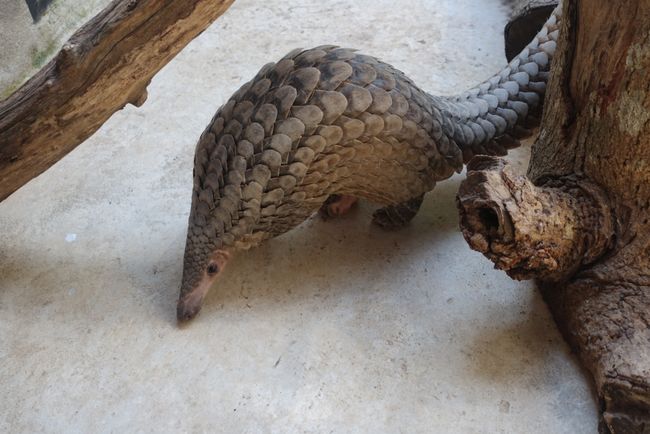
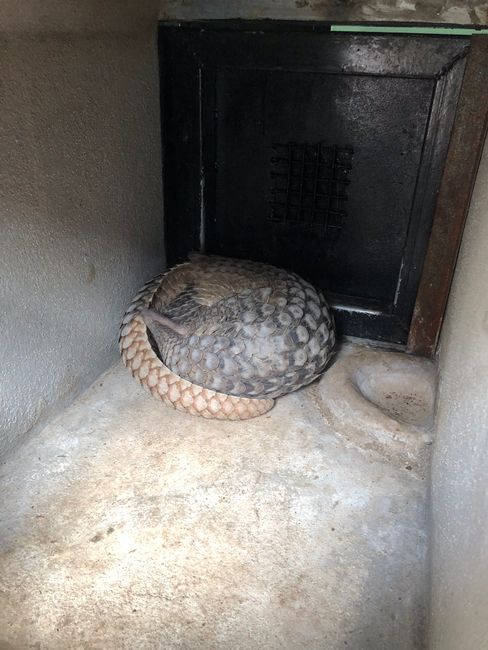
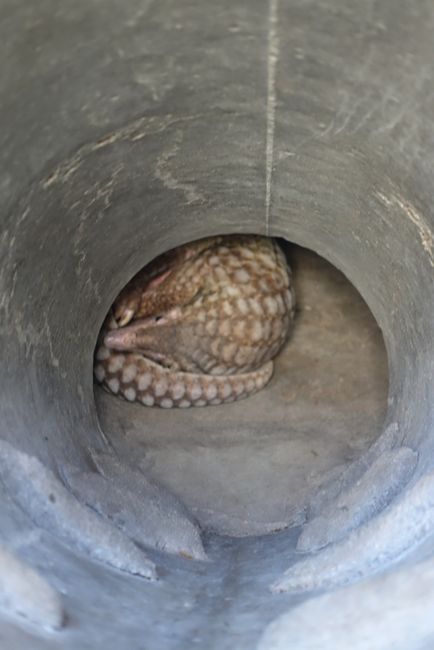
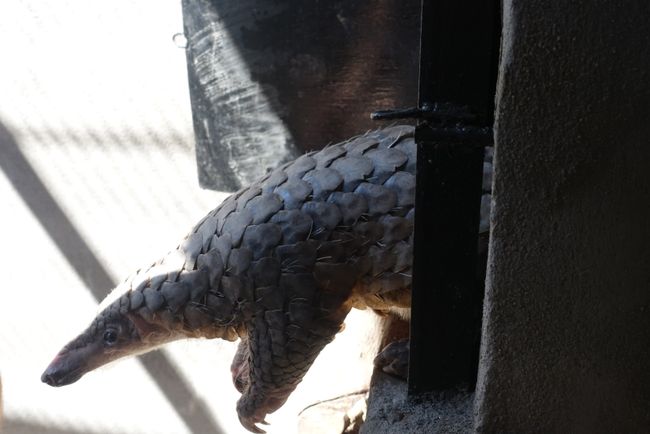
Biyan kuɗi zuwa Newsletter
Hello everyone, another week has passed in the Laos project and I have some new things to report. Please read my previous article about Laos first, if you haven't already, so you know what this project is about.
Today, I would like to talk about our bears and pangolins:
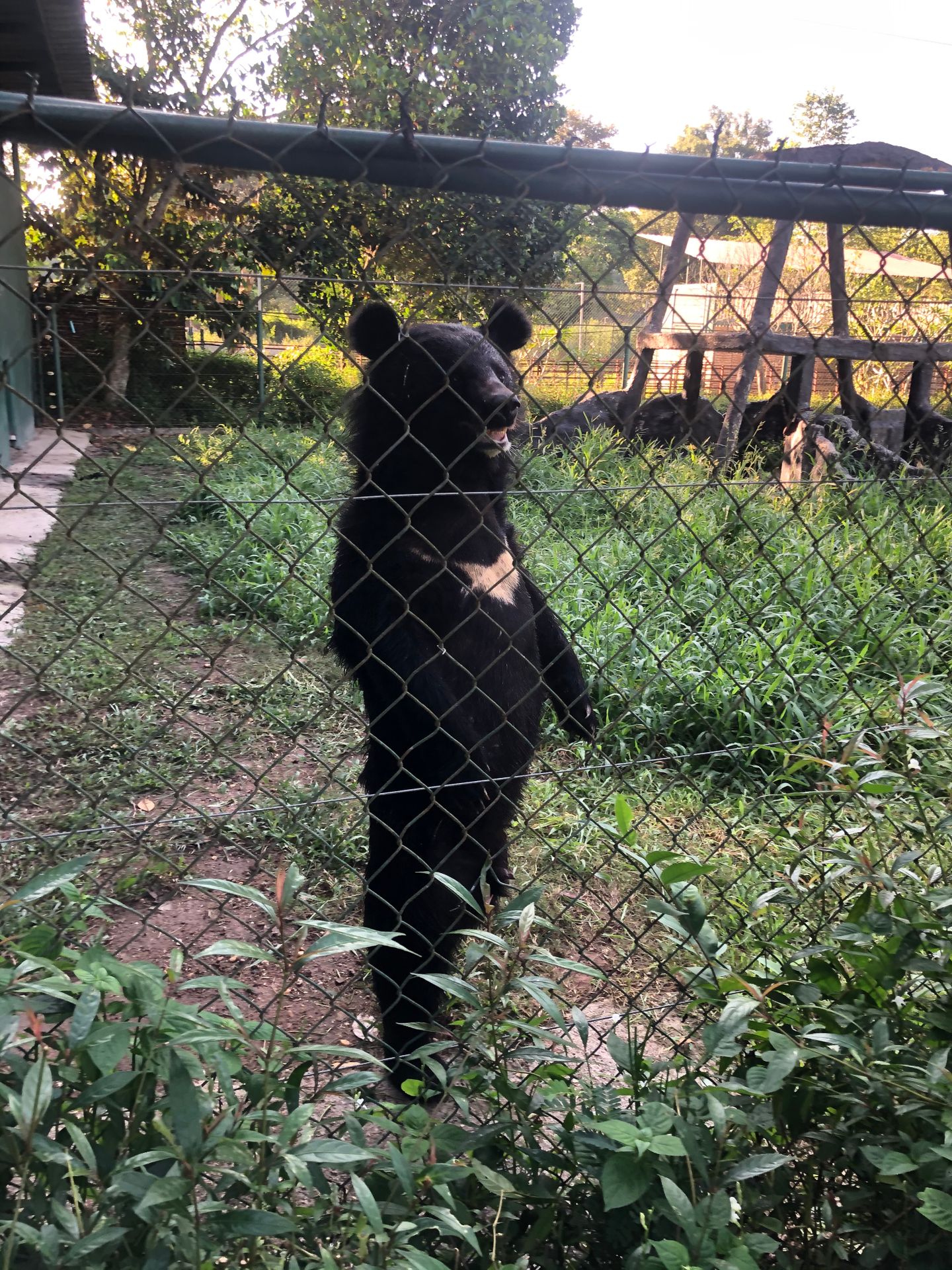
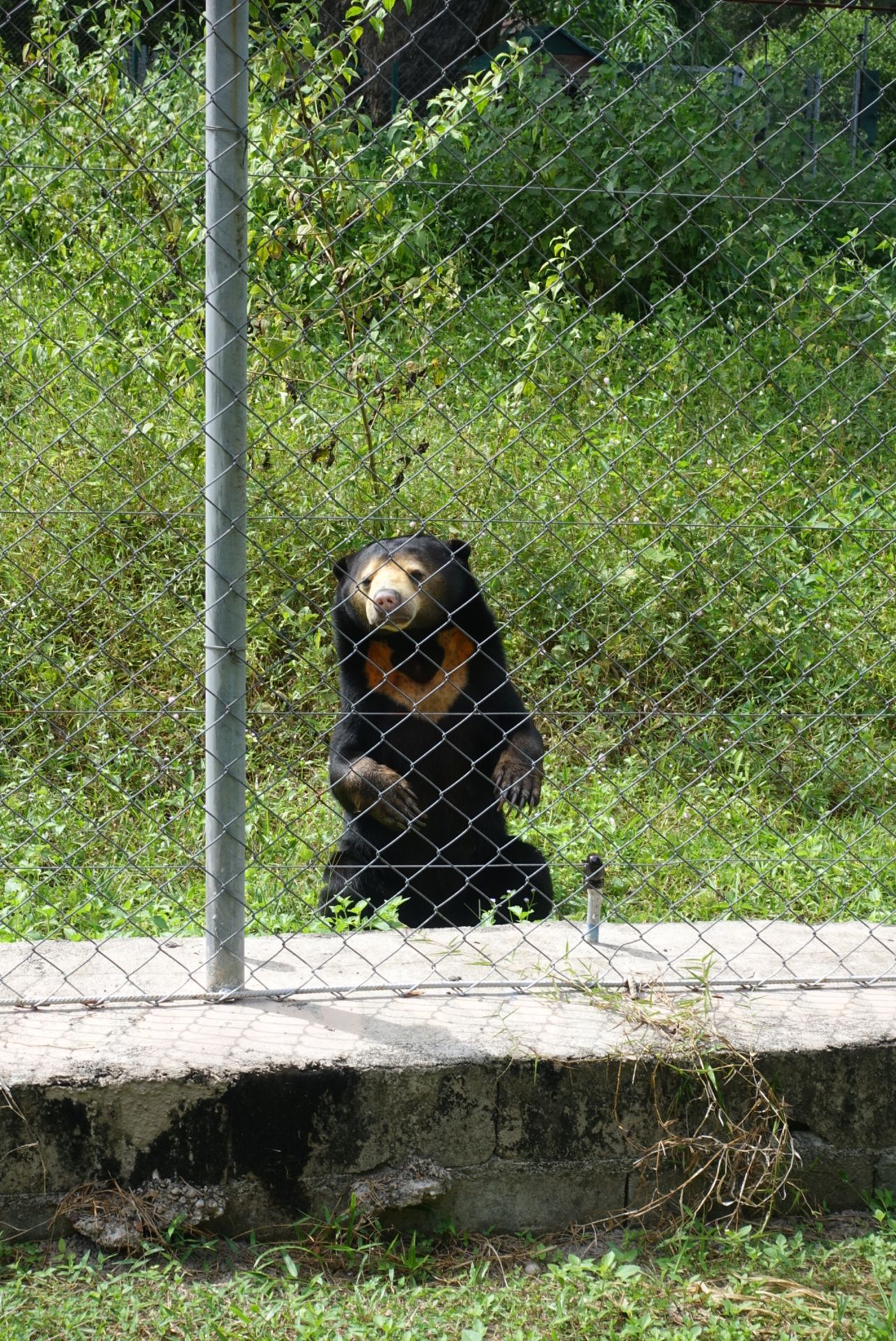
In addition, we have a Malayan sun bear named Missy. This bear species is also very endangered. Unfortunately, our Missy does not have a companion. The Malayan sun bear is one of the smallest bears in the world, so you don't always see Missy in her cage because the grass is taller than she is. But when she is at the fence, she usually follows someone. She is not completely alone in the enclosure because two of the binturongs live in the tree next to her. So she can always smell popcorn when she is near them.

Now let's talk about our pangolins. These animals are extremely endangered because the Chinese use them for their ridiculous, traditional medicine. So we are very fortunate to have two giant pangolins and especially a Chinese pangolin. The Chinese pangolin had not been seen in Laos for 20 years until it walked into an embassy last year. The embassy immediately informed the organization, and they picked up the animal. Since Chinese pangolins love to dig and make burrows, a new house was specifically built and filled with soil for this pangolin. On the other hand, the two giant pangolins love to climb, so their enclosure has many branches. All pangolins eat ants, so we have to weigh frozen ants every day to feed them. Since the animals are nocturnal, you hardly see them during the day. As we may release the animals into the wild someday, we try to have as little contact with humans as possible. The animals are only touched when they are weighed. We have already trained the Chinese pangolin to go on the scale by itself with a whistle, so we don't need to touch it at all.
Unfortunately, I am not allowed to post all the photos I have taken online because there is a very strict social media policy here. Any photos showing employees or volunteers interacting with animals (such as during weighing) could potentially be taken out of context and people might believe that we always do this or that it is normal. So I am not allowed to publish such photos. (To my friends: If you still want to see some of these photos, you can message me on WhatsApp.)
That's it for now.
Yours, Alex
Biyan kuɗi zuwa Newsletter
Amsa

Rahoton balaguro Laos
